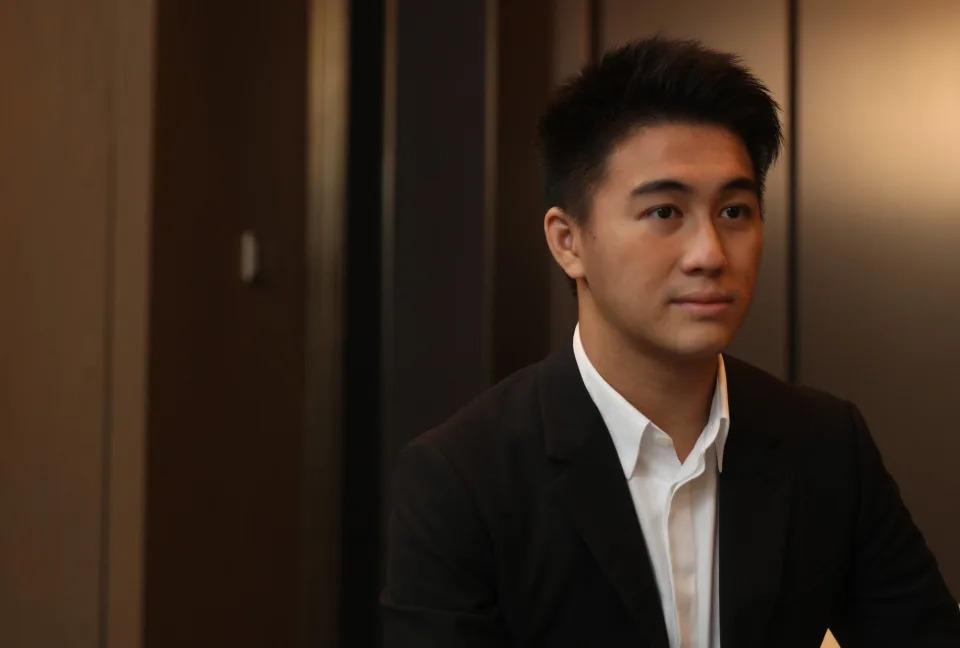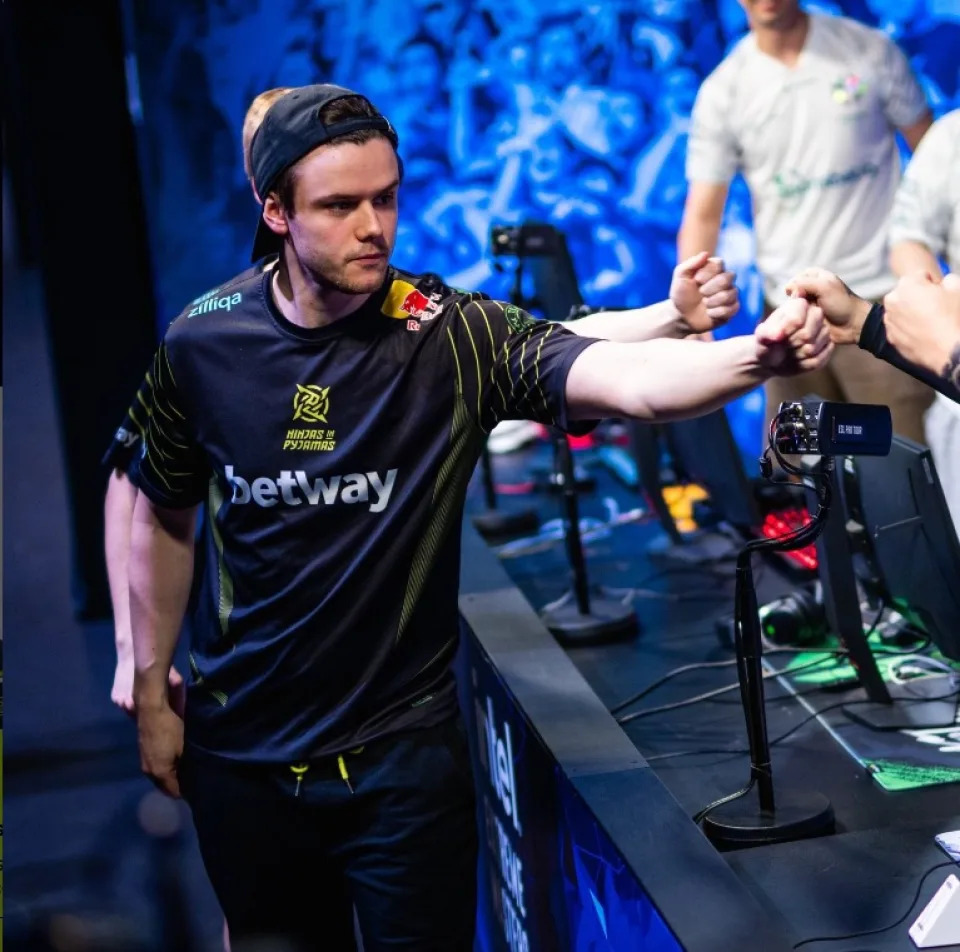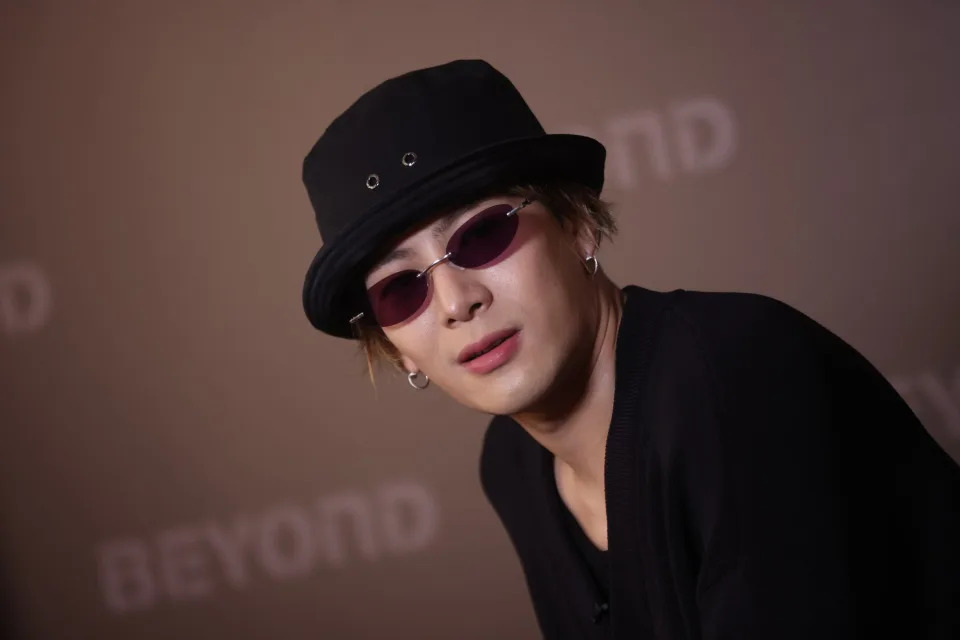South China Morning Post
Fri, Jun 14, 2024
A loss-making firm that applies artificial intelligence (AI) to drug research has become a new darling for both old-money and new-money investors in Hong Kong, drawn by the impressive credentials of its three founders, who trained at the Massachusetts Institute of Technology (MIT), as well as the endorsement of Tencent Holdings' billionaire founder Pony Ma Huateng.
Nine-year-old QuantumPharm, which began trading on Thursday, raised nearly HK$1 billion (US$128 million) in an initial public offering (IPO) in Hong Kong, becoming the first technology company to float shares under the city's relaxed regulatory framework known as Chapter 18C.
The Hong Kong stock exchange introduced Chapter 18C a year ago to allow promising start-ups worth at least HK$10 billion to sell shares even before they have made any revenue, as part of the government's efforts to transform the city into a hi-tech hub.
Do you have questions about the biggest topics and trends from around the world? Get the answers with SCMP Knowledge, our new platform of curated content with explainers, FAQs, analyses and infographics brought to you by our award-winning team.
The IPO of Quantum Pharm, known also as XtalPi, has been portrayed as a showcase of Hong Kong's major role in supporting China's "hard technology" drive.
Hong Kong finance chief Paul Chan Mo-po delivered a congratulatory message on the day of the firm's trading debut, saying that the city's advantage as an international financial centre enables it to facilitate technological innovation, a key element in the "new quality productive forces" that President Xi Jinping sees as key to China's development.
QuantumPharm's cornerstone investors include real estate mogul Peter Lee Ka-kit, chairman of Henderson Land Group, as well as MIT chemistry professor Bradley Pentelute, according to the underwriters.
Public investors oversubscribed the offer by 103 times.
Some subscribers were likely dazzled by QuantumPharm's three founding members - Wen Shuhao, Ma Jian and Lai Lipeng - who are all scientists trained at one of the world's most highly regarded research universities.
"Ten years ago, we were three young men at MIT," said Wen, the company's chairman, at the company's listing ceremony on Thursday. The company now brings together "hundreds of PhD degree holders" after "a decade of hard work", he said.
Wen, 42, earned his doctorate in physical chemistry from the Dalian Institute of Chemical Physics of the Chinese Academy of Sciences in 2010 and went on to work as a postdoctoral associate at MIT from 2013 to 2015.
There, he met future business partners Ma, a quantum computing scientist and now CEO at QuantumPharm, and Lai, who holds a PhD in Physics from Chicago University.
By combining their expertise, the Shenzhen-based company is trying to use quantum physics, artificial intelligence and robotics to significantly shorten the time needed to develop and test new medicine. One of QuantumPharm's claimed achievements is that its technology helped reduce the development cycle of Pfizer's Paxlovid, the first Covid-19 oral treatment, to six weeks.

Pony Ma Huateng, founder of Tencent. Photo: STR/AFP alt=Pony Ma Huateng, founder of Tencent. Photo: STR/AFP>
QuantumPharm's pitch was impressive enough to win the attention of Tencent's Ma, whom Wen said he met in 2016. While Ma said at the time that the social media and video gaming giant, also based in Shenzhen, seldom invested in pharmaceutical ventures, he decided to bet on the start-up because of its potential "social value".
Tencent, China's highest-valued tech giant and a key investor in QuantumPharm, has put about US$1 billion into the company as of June 2023, according to the start-up's prospectus. Tencent holds 13 per cent of QuantumPharm's shares after the IPO.
"The company that creates the greatest social value can create the greatest business value," Wen said.
But for now, QuantumPharm still needs to prove its commercial value.
The company's losses widened 19 per cent to 522 million yuan (US$72 million) last year, dwarfing its revenue of 174 million yuan, mostly due to its heavy research expenditure.
Shares of the company closed at HK$5.4 on Friday, down 6.9 per cent and wiping out most of its gains since Thursday amid a broader slip in the Hong Kong market.
QuantumPharm has "generated initial excitement and optimism among investors" in Hong Kong, but it has to prove to investors that it can make profits, said Dickie Wong, executive director at local brokerage Kingston Securities.
Copyright (c) 2024. South China Morning Post Publishers Ltd. All rights reserved.
View Comments(2)
Stanley Ho's youngest son Mario sets sights on China's first esports IPO in the US
South China Morning Post
Sat, Jun 15, 2024
Esports entrepreneur Mario Ho Yau-kwan, the youngest son of the late Macau casino tycoon Stanley Ho Hung-sun, is seeking to expand the international reach of his organisation NIP Group, as it pursues an initial public offering (IPO) in the United States.
NIP is a Cayman Islands-based holding company, with operations primarily conducted through two wholly-owned subsidiaries: Ninjas in Pyjamas Gaming in Sweden, which is engaged in esports teams operations; and Wuhan Xingjingweiwu Culture & Sports Development Co, which is involved in esports teams, talent management and event production operations. Its principal executive offices are located in Stockholm.
The company - in which co-founder, chairman and co-chief executive Ho holds a 14.2 per cent stake - has filed for an IPO on the Nasdaq Stock Exchange, according to a filing on Wednesday with the US Securities and Exchange Commission. Once its IPO is completed, NIP would become the first listed Chinese company in the esports industry.
Do you have questions about the biggest topics and trends from around the world? Get the answers with SCMP Knowledge, our new platform of curated content with explainers, FAQs, analyses and infographics brought to you by our award-winning team.
"Today, growing esports into a generational audience worldwide is what we are busy doing," Ho and co-founder and co-chief executive Hicham Chahine said in a letter, addressed to potential investors, attached to the group's prospectus. "Esports have the power to change the world, and we at NIP Group have a responsibility to continue to develop the industry in a sustainable way."

Mario Ho Yau-kwan, the co-founder, chairman and co-chief executive of NIP Group. Photo: Xiaomei Chen alt=Mario Ho Yau-kwan, the co-founder, chairman and co-chief executive of NIP Group. Photo: Xiaomei Chen>
While the group's US filing did not disclose the amount of money it intends to raise, a documents released in May by the China Securities Regulatory Commission showed that the company plans to issue no more than 26.9 million common shares on the Nasdaq.
NIP intends to use the net proceeds from its US listing for working capital, expanding the presence of its esports teams, marketing and growing their fan base, potential strategic acquisition and investment opportunities, according to its prospectus.
The group's listing plan reflects the growing popularity of esports around the world, as well as its vast commercial opportunities.
The market size of the global esports industry is expected to reach US$102.4 billion in 2027, up from US$57.9 billion in 2022, according to a Frost & Sullivan report cited in NIP's prospectus. NIP was described by the report as "a leading esports organisation" with the most expansive global footprint on the back of operations across Asia, Europe and South America.

Stockholm-based Ninjas in Pyjamas Gaming, which is engaged in esports teams operations, is a wholly owned subsidiary of NIP Group. Photo: Ninjas in Pyjamas alt=Stockholm-based Ninjas in Pyjamas Gaming, which is engaged in esports teams operations, is a wholly owned subsidiary of NIP Group. Photo: Ninjas in Pyjamas>
While it recorded a net revenue of US$83.7 million last year, up from US$65.8 million in 2022, NIP is still a loss-making enterprise. Net loss last year widened to US$13.3 million, compared with US$6.3 million in 2022. The company's prospectus said that loss reflected the "substantial investments we made to grow our business".
Also in 2023, revenue in China's esports sector fell 1.3 per cent year on year to 26.4 billion yuan (US$3.6 billion). That was mainly attributed to a decline in esports live-streaming revenue, which accounts for the largest proportion of the domestic market, according to a report by the Esports Working Committee, a semi-official agency set up to oversee the domestic industry.
In January 2023, NIP completed what it touted as "the largest merger in the history of the esports industry", according to its prospectus. The group combined Swedish esports brand Ninjas in Pyjamas with ESV5, one of the largest digital sports groups in China.

Hong Kong-born rapper and singer Jackson Wang. Photo: Jonathan Wong alt=Hong Kong-born rapper and singer Jackson Wang. Photo: Jonathan Wong>
Still, the challenge of making a profit in a nascent industry did not faze Hong Kong-born pop star Jackson Wang from investing in the company. Wang, who is best known as a member of K-pop band Got7, joined NIP as a partner and beneficial shareholder in 2020, according to the company's prospectus.
NIP's planned IPO has come at a time when some local governments on the mainland are ramping up support for esports, as part of broader efforts to develop and transform the country's digital economy.
Authorities in Shanghai and Shenzhen, for example, last year joined forces with the China Audio-Video and Digital Publishing Association, the country's semi-official video gaming trade body, to promote the development of esports.
In 2022, Hangzhou - capital of eastern Zhejiang province and one of China's hubs for technology start-ups - pledged 100 million yuan in annual funding to support video gaming and esports.
Copyright (c) 2024. South China Morning Post Publishers Ltd. All rights reserved.
No comments:
Post a Comment